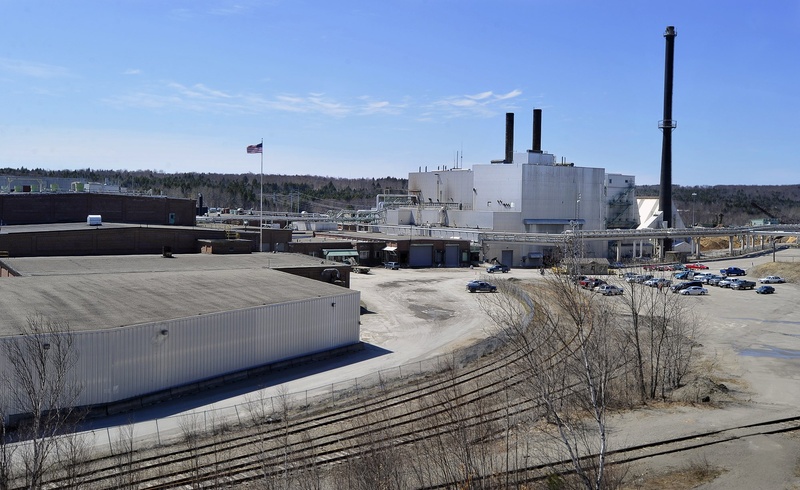A private equity firm plans to buy the closed paper mills in Millinocket and East Millinocket and reopen them, eventually employing more than 400 people in a region that now has an unemployment rate of 21 percent.
As part of the deal, the state would assume ownership of a toxic landfill in East Millinocket. A bill that Gov. Paul LePage signed into law in June allows the state to buy the landfill and caps the state’s liability for cleanup and containment costs at $17 million.
Under the agreement, the state will not accept the landfill unless the buyer, Cate Street Capital of Portsmouth, N.H., agrees to reopen the mills, said George Gervais, commissioner of the Maine Department of Economic and Community Development.
He said the biggest hurdles in the deal have been settled and he is optimistic that the sale will close within the next 30 days.
He would not say how much Cate Street Capital would pay for the mills, which are owned now by Brookfield Asset Management.
Gervais said the company would first open the East Millinocket mill, which closed in April, and later the Millinocket mill, which closed in 2008. The closure of both mills cost 600 jobs.
The agreement is a milestone in the state’s effort to restore papermaking in the Katahdin region and create job opportunities for Mainers, Gov. Paul LePage said in a prepared statement.
LePage has worked hard to keep negotiations moving forward, said Millinocket Town Manger Eugene Conlogue.
Conlogue said the prospect of reopening the paper mills has given residents in the Katahdin region some hope. Paper manufacturing has been the region’s biggest employer for decades, he said.
“This is what the area is built to do,” he said. “This is what this area wants to do. And this is what this area has a chance to do again.”
There are several parties to the agreement, and numerous conditions that must be met before the deal can be closed, said Richard Cyr, senior vice president of Cate Street Capital, in a prepared statement.
The investment company, established in 2009, specializes in bringing green technologies and environmentally sustainable development projects to commercial operation, according to the website of one of its subsidiaries.
State Sen. Thomas Saviello, R-Wilton, who sponsored the bill that authorized the state to acquire the landfill, said the deal never would have happened if the state couldn’t assume liability for the landfill.
He praised LePage for supporting the bill and taking a leading role in the negotiations, and said he is optimistic that the buyer will close on the sale and reopen the mills.
“It will not be long before they turn on the machines,” he said.
The state’s move to buy the landfill, filled with papermaking waste, has upset environmentalists who fought Saviello’s bill.
Maine taxpayers will likely pay at least $17 million to clean up and close the landfill within the next seven to 10 years, and assume the $250,000 annual cost of operating and maintaining it, said Sean Mahoney, vice president of the Conservation Law Foundation.
He said the mills’ current owner has realized the benefit of owning a nearby hydroelectric dam, which is not for sale, and now wants to avoid any responsibility for containing runoff from the landfill, which is polluting groundwater and surface water in the Penobscot River watershed.
“I don’t think the cost of closing the landfill should be passed on to Maine taxpayers,” Mahoney said.
Saviello said that, without the state’s agreement to accept liability for the landfill, the mills’ owner would have sold the valuable paper-making machines out of state – or out of the country – to pay for the environmental cleanup. That would put the region out of the paper industry for good, he said.
“The state has to take liability if we want people to get back to work,” he said.
“I want Millinocket to be a papermaking town again.”
MaineToday Media State House Writer Tom Bell can be contacted at 699-6261 or at: tbell@mainetoday.com
Send questions/comments to the editors.



Success. Please wait for the page to reload. If the page does not reload within 5 seconds, please refresh the page.
Enter your email and password to access comments.
Hi, to comment on stories you must . This profile is in addition to your subscription and website login.
Already have a commenting profile? .
Invalid username/password.
Please check your email to confirm and complete your registration.
Only subscribers are eligible to post comments. Please subscribe or login first for digital access. Here’s why.
Use the form below to reset your password. When you've submitted your account email, we will send an email with a reset code.